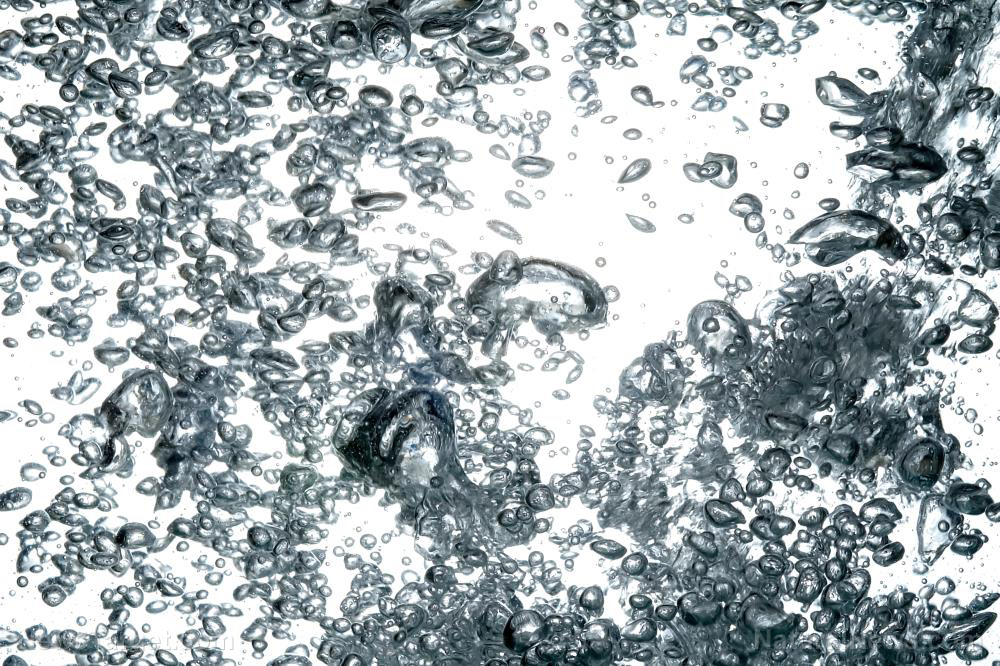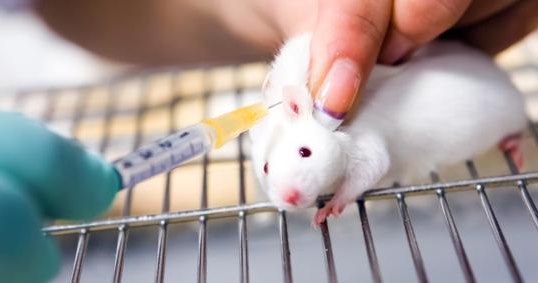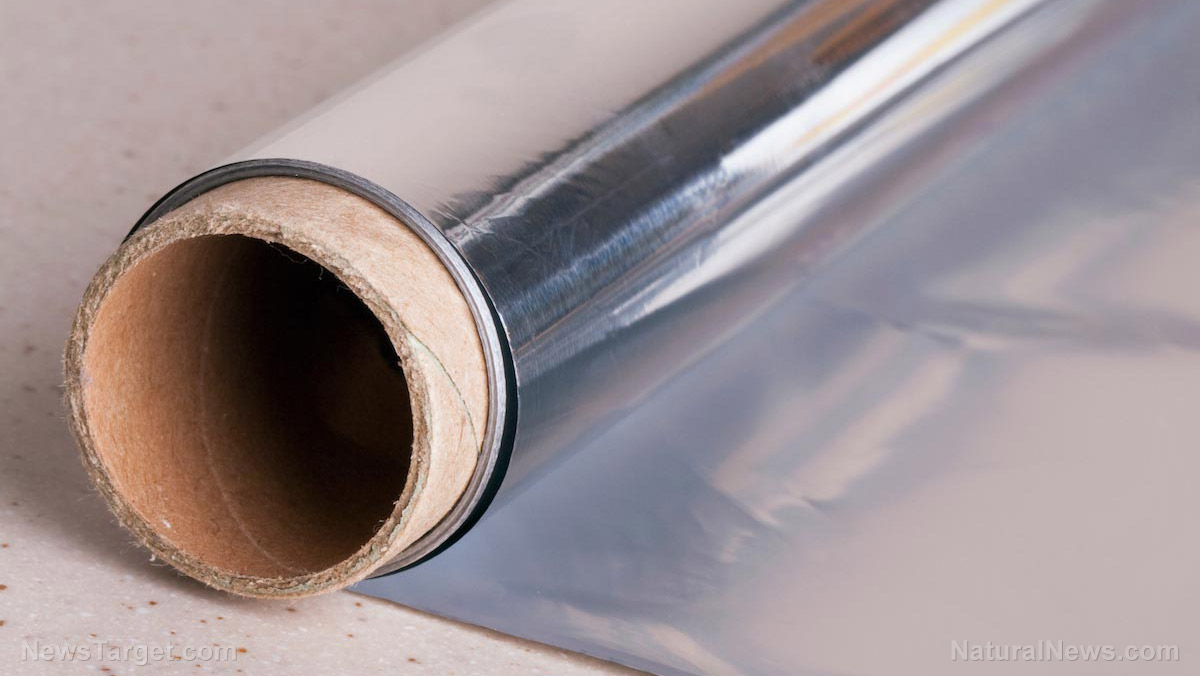Chemicals from everyday items may cause cancer, diabetes, autism, ADHD, reproductive problems – how to identify and avoid them
01/23/2018 / By Isabelle Z.

You probably understand the importance of organic food by now, but dangerous chemicals could still be making their way into your system through some everyday products you might not have even realized you need to worry about. Here is a look at a few of the items you might be using that could be wreaking havoc on your hormones.
Receipts
According a recently published study, nine out of ten receipts contain BPA and BPS. These “gender-bending” chemicals have been associated with early puberty, type 2 diabetes, autism, premature birth, and ADHD. They’re found in the shiny coating on the receipt, and your skin absorbs them quite readily. That’s why France has been pushing for an EU-wide ban on these substances in receipts. In the meantime, you can try to avoid taking receipts with you when you leave the store and keeping your contact with them to a minimum when you do need them.
Tampons and sanitary pads
Tampons and sanitary pads contain synthetic estrogens known as xenoestrogens. They are linked not only to infertility but also immunity problems and endometriosis. Look for sanitary products that are unbleached and uncoated, or consider using a menstrual cup.
Scented candles and perfumes
Many of those candles that keep your home smelling pleasant could be slowly eating away at your good health. Phthalates are considered a top contributor to people’s inability to lose weight. Also found in commercial perfumes, deodorants, body washes, and shampoos, these chemicals are known to cause birth defects in boys, poor egg quality, and early menopause, and they’ve also been linked to type 2 diabetes and breast cancer. Look for products that don’t contain phthalates, and consider ditching scented candles entirely in favor of high-quality essential oils in a diffuser.
Dental fillings
Even dental fillings without mercury could still be pretty dangerous to your health thanks to the BPA found in many composite fillings. According to a study published in the journal Pediatrics in 2012, children who have fillings made with BPA have more behavioral problems than their peers. Ask your dentist for BPA-free composite fillings or opt for porcelain instead. Gold is also a safe bet for fillings in locations that won’t be visible.
Water bottles
The CDC found that 93 percent of Americans have measureable amounts of BPA in their systems, and plastic water bottles are largely to blame for this. This chemical can also be found in the linings of canned foods. These hormone disruptors are believed to be behind the dropping sperm counts seen in recent years, not to mention the aforementioned links to breast cancer and weight gain. Making matters worse is the fact that these xenoestrogens build up in your body over time.
Keep in mind that leaving plastic water bottles in the sun or otherwise heating plastics releases these chemicals, so avoid microwaving food with plastic wrap over it or in plastic containers. Replace plastic water bottles with stainless steel ones, and switch to glass or ceramic food storage vessels.
Tap water and produce
Glyphosate is another xenoestrogen that has been linked to problems like obesity and breast cancer along with several other types of cancer, and it’s all too common in our food supply and tap water thanks to its widespread use as a pesticide. Consider a reverse osmosis filter to remove chemicals from your water, and opt for organic produce wherever possible to limit your exposure.
The best thing you can do for your health is to avoid these products entirely, but what about the exposure you’ve already gotten? There are a few ways you can help limit its impact. For example, flax seeds can help ease hormonal imbalances, while cruciferous vegetables like broccoli can detoxify this fake estrogen from your liver. Balancing your gut’s microflora with a probiotic can also help you eliminate toxins from your body more quickly.
Stay informed about chemical toxins by reading Toxins.news.
Sources include:
Tagged Under: adhd, autism, BPA, BPS, cancer, detoxify, diabetes, Dioxins, Hormone disruptors, reproductive health, toxic chemicals, toxins, Xenoestrogens




















